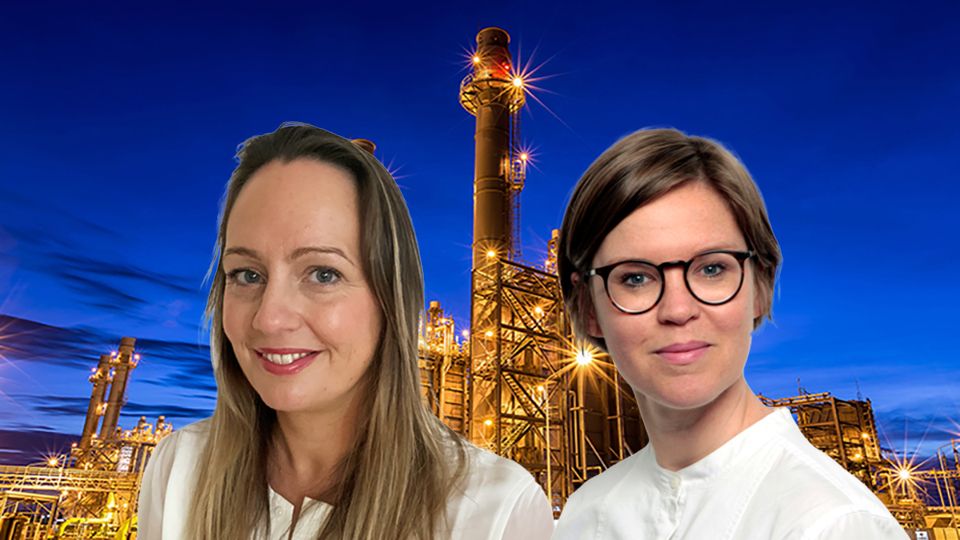The impacts of climate change – and the need for adaptation and resilience – will take centre stage at COP28 in Dubai this year.
The world received a clear warning from scientists when the Intergovernmental Panel on Climate Change (IPCC) released its final AR6 ‘synthesis’ report, which is the most comprehensive summary of the state of the climate to date.
See also: Scaling voluntary carbon markets will be a COP28 priority
In the report, the message of urgency was clear. Scientists stressed that we are not on track to achieve the Paris Agreement goals, that climate finance flows need to grow immensely, and that the often-held assumption that climate risks are a ‘future’ – and not a ‘now’ – problem is deeply problematic.
Countries across the world, including Spain, Portugal, Morocco, Algeria, Thailand, China, India and Bangladesh, are experiencing record-breaking heatwaves.
Climate scientists have also warned that the potential return of the El Niño weather phenomena, combined with the background effects of human-induced global warming, could lead to more record-breaking heat in 2023 and 2024, framing the late 2023 negotiations.
Read the full comment in ESG Clarity’s June 2023 digital magazine








